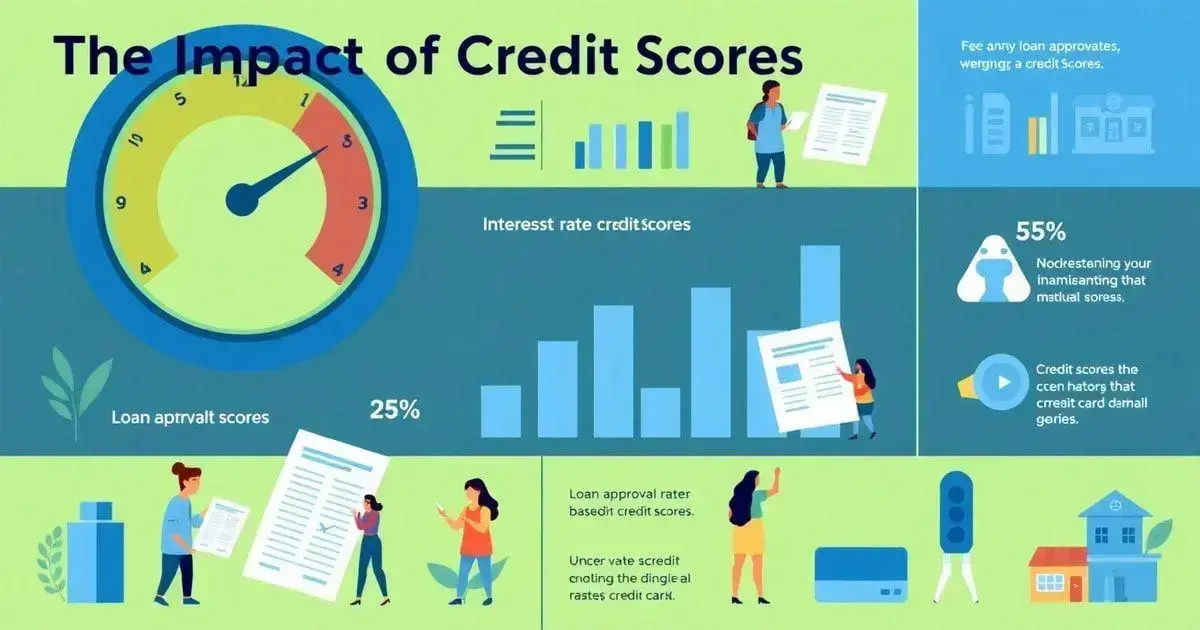How long can I finance a used car? It’s a common question when you’re considering a used vehicle. The length of your loan affects both your monthly payments and the total cost of the car.
Shorter loan terms usually mean higher payments but less interest overall. On the other hand, longer terms can lower monthly payments, but you’ll end up paying more in interest over time.
The right loan term balances your budget and long-term savings. Keep reading to find out how to choose the best financing option for your situation!
Understanding Used Car Financing
Understanding used car financing is essential for anyone looking to purchase a pre-owned vehicle. Financing involves borrowing money to buy the car, which you then pay back in installments over time. How long can I finance a used car depends on the lender and your credit profile, but most terms range from 24 to 72 months.
Used car financing typically offers various terms ranging from 24 to 72 months, depending on the lender and your creditworthiness. Knowing the financing options available can greatly influence your purchase decision.
Before signing any contract, it is crucial to assess your budget and identify how much you can transparently afford. Keep in mind additional costs such as insurance, maintenance, and registration fees that come along with owning a car. A tighter budget may lead you to opt for a shorter financing term to pay off the loan quickly and save on interest.
Different lenders have varying criteria for used car financing. Some may want a larger down payment or check your credit score thoroughly. It’s wise to shop around and compare different offers from various institutions like banks, credit unions, and dealerships. This practice will help you find the most favorable interest rates and loan terms.
Another important aspect of used car financing is understanding the total cost of the loan. This includes not just your monthly payments, but also the interest accrued over the life of the loan. By knowing how long you plan to finance the vehicle, you can calculate the overall financial impact and make an informed decision.
Factors Affecting Finance Duration
Several factors influence the duration for which you can finance a used car. How long can I finance a used car largely depends on your credit score, with higher scores often leading to better terms and longer financing options. On the other hand, a lower score might limit your choices and lead to shorter financing periods.
Another key element is the age of the vehicle. Most lenders prefer financing for cars that are less than five years old. If the car is older, you might face restrictions on the financing duration, as lenders seek to mitigate their risks. This rule ensures that the car’s value doesn’t depreciate significantly before the loan is repaid.
The loan-to-value ratio (LTV) also affects financing duration. This ratio compares the loan amount to the car’s market value. A lower LTV may allow for longer financing terms since it indicates less risk for the lender. Generally, if you’re financing a greater portion of the vehicle’s price, expect shorter financing terms.
Furthermore, the lender’s policies and the specific loan product can shape your financing period. Different institutions may offer various plans with unique conditions. Always read the fine print and ask questions if you’re unsure about the terms.
Finally, your income and financial situation play a role. Lenders assess your ability to repay the loan. A steady income can lead to more favorable financing options, allowing for longer repayment periods without much concern about defaulting.
Average Financing Terms for Used Cars
A shorter term of around 36 months usually comes with higher monthly payments but results in less interest paid over the loan’s life. On the other hand, opting for a longer term, such as 72 months, can lower monthly payments but increase the total interest paid.
Typically, lenders assess your credit score to determine eligibility for different financing terms. A higher credit score can lead to more favorable terms and lower interest rates. Additionally, the age and condition of the used car play a significant role in financing options. Lenders typically prefer vehicles less than five years old for longer financing plans, as they are likely to have a better resale value.
Moreover, your down payment impacts financing duration. A larger down payment decreases the loan amount, which can secure better terms. Many auto finance experts suggest putting at least 20% of the car’s price down to reduce monthly payments and improve your financing scenario.
In conclusion, while average financing terms for used cars provide flexibility for buyers, it is crucial to weigh the pros and cons of each financing period based on your personal finance situation. Taking the time to understand different financing options can lead to better financial decisions and ownership experiences.
Pros and Cons of Longer Financing

When considering a used car purchase, it’s essential to weigh the pros and cons of longer financing terms. A common question buyers ask is, how long can I finance a used car, especially since longer terms, like 72 months or more, often come with lower monthly payments.
This can make it easier for many buyers to fit the payment into their budget and even afford a more expensive vehicle.
However, there are downsides to longer financing periods. One significant drawback is the increased total interest paid over the life of the loan. The longer you finance a vehicle, the more interest accumulates, which can significantly raise the overall cost of the car.
Additionally, if the vehicle depreciates faster than you pay down the loan, you might owe more than the car is worth, leading to a situation known as being upside down on your loan.
Another consideration is that longer financing periods can sometimes affect your ability to get another loan in the future. If you still have an outstanding car loan, lenders may see you as a higher risk. This condition can make it challenging to finance another vehicle or secure loans for other purposes.
In summary, while longer financing terms can provide monthly payment relief, they come with financial risks that need careful consideration. It’s essential to evaluate your long-term financial goals and car usage needs before making a final decision.
How to Choose the Right Financing Plan
Next, consider the loan term. Shorter loans typically have higher payments but lower total interest costs, while longer loans offer lower monthly payments but can result in paying more in interest over time. Decide what works best for your financial situation.
Be aware of the interest rates. These can vary greatly depending on your credit score and the lender. Shop around to compare rates from different banks, credit unions, and dealerships. A lower rate can significantly reduce your payments and overall cost.
Consider the type of financing that best fits your needs. You can choose from traditional loans, leasing, or even personal loans. Each comes with different implications for ownership and payments. Leasing might offer lower payments but doesn’t give you ownership of the vehicle.
Lastly, understand the fine print. Always read the terms of the financing agreement. Look for hidden fees or prepayment penalties that could affect your overall costs. An informed decision will lead to a better financing experience.
Common Misconceptions About Financing
When it comes to financing a used car, many buyers are influenced by misconceptions that can lead to poor decisions. For example, one common question is, how long can I finance a used car? While many think you need perfect credit to secure financing, that’s not the case.
Even those with less-than-perfect credit have options, though better credit typically leads to better rates.
Another misconception is that financing through a dealership is always the best choice. While dealerships may offer convenience, it is often wise to compare rates with banks or credit unions. Sometimes, these institutions can provide better deals.
Many believe that making a large down payment guarantees lower monthly payments. While it can help, what really matters is understanding how interest rates and loan terms interact. A smaller down payment with favorable terms may sometimes be more beneficial.
There is also a myth that used cars can’t be financed for long terms. While many lenders prefer shorter terms due to depreciation, some may offer longer terms under certain conditions. Always ask lenders about their specific policies.
Lastly, people often think they can’t negotiate financing terms. In reality, negotiation is possible. If you have good credit or offers from other lenders, don’t hesitate to discuss this with the financing institution to potentially secure better rates or terms.
Tips for Getting the Best Rates
When you’re looking to finance a used car, securing the best possible interest rate is crucial to minimizing your overall loan cost. Understanding how to shop for the best rates can help you save money over time. Below are some key strategies to ensure you’re getting the most favorable terms:
- Check Your Credit Score: Your credit score plays a significant role in determining the interest rate you’re offered. The higher your score, the better the rates you’ll likely qualify for.
- Consider Loan Term Length: How long can I finance a used car affects your interest rate. Shorter loan terms generally come with lower rates, while longer terms may increase the total interest paid.
- Shop Around for Rates: Don’t settle for the first offer. Compare rates from different banks, credit unions, and dealerships to find the best deal.
- Negotiate Terms: You can often negotiate better rates or loan terms, especially if you have good credit or competing offers.
- Make a Larger Down Payment: A larger down payment reduces the amount you need to borrow, which can lead to better financing terms and lower interest rates.
The Impact of Credit Scores

Your credit score plays a crucial role when considering financing for a used car. It affects both the interest rates you’ll be offered and the duration of the loan. Understanding how your credit score impacts financing can help you make better financial decisions.
- Higher Credit Scores Mean Better Rates: With a higher credit score, you are more likely to secure better financing terms, including lower interest rates and longer loan periods. This can help reduce your monthly payments, allowing you to finance a used car for a longer period.
- Credit Score Ranges: Your score determines your eligibility for various financing options. Lenders may offer better terms for those in the “good” or “excellent” range, and this can influence how long you can finance a used car.
- How to Improve Your Credit Score: If you’re wondering “How long can I finance a used car?” but are concerned about your credit score, taking steps to improve it before applying can help. Paying off debts and maintaining low credit card balances are good strategies to increase your chances of securing favorable terms.
- What Happens with a Lower Score: If your score is lower, you may be limited to shorter financing terms or higher interest rates. Lenders often view those with lower scores as higher risk, which could lead to a higher overall cost of financing.
How Long Can I Finance a Used Car? Frequently Asked Questions
What are the typical financing terms for used cars?
Financing terms for used cars usually range from 36 to 72 months, depending on the lender and your credit score.
How does my credit score affect my financing options?
A higher credit score typically results in lower interest rates and more favorable loan terms, making it easier to finance a used car.
Can I negotiate my financing terms?
Yes, you can negotiate financing terms with lenders, especially if you have good credit or competitive offers from other financial institutions.
Is it better to finance through a dealership or a bank?
While dealerships offer convenience, it’s often wise to compare rates from banks and credit unions, which may offer better deals.
What documents do I need to finance a used car?
Typically, you will need proof of income, credit history, identification, and information about the car you wish to finance.
What should I do if I have a low credit score?
If your credit score is low, consider improving it before applying for financing or look for lenders that cater to borrowers with lower scores.

